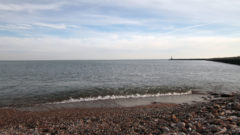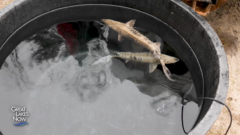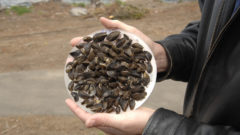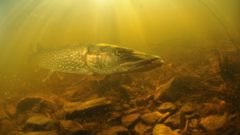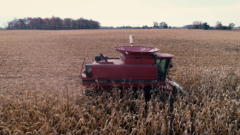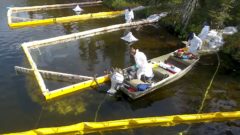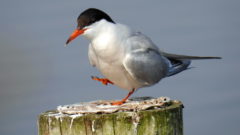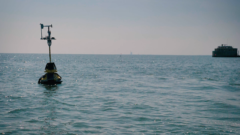We’re going to need a bigger fishbowl
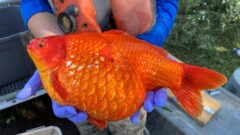
A tiny goldfish might look cute in a fishbowl on your shelf, but if released into the wild it can grow to a terrifying size and become a menace to the ecosystem. They eat pretty much anything and everything, root up plants causing the water to become cloudy and dark, and reproduce and grow so quickly that almost no predators can stop them.
Great Lakes Now
https://www.greatlakesnow.org/2023/11/were-going-to-need-a-bigger-fishbowl/

